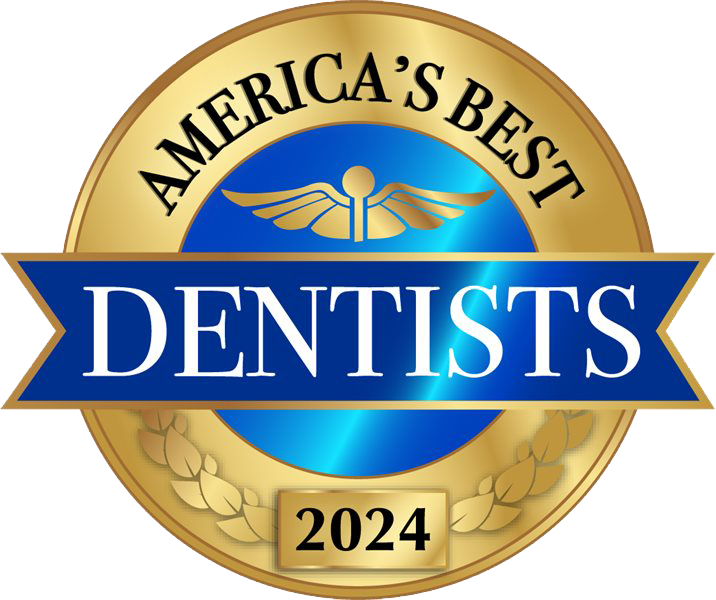Is Your Nail Biting Habit Affecting Your Smile?
Cherrywood Dental • June 7, 2019
Nail biting is one of the most common bad habits that people of all ages do. While it may seem like a harmless activity, biting your nails can quickly lead to damaged teeth. In the most severe cases, consistent nail biting can cause TMJ and issues with opening and closing your jaw correctly.
Is your bad habit of nervous nail-biting putting your teeth at risk?
Why We Bite Our Nails
Compulsive nail biting has traditionally been thought of as a nervous habit, but recent studies indicate that it also may have to do with boredom and perfectionism in addition to anxiety. Nail biting is one of several body-focused repetitive disorders, including hair pulling and picking scabs. Nail biting can be comforting, or it can simply provide something to do. Many people who bite their nails don’t even notice that they are subconsciously doing it, which makes it that much more difficult to stop.
Damaging Effects of Nail Biting
If you are a compulsive nail biter, it’s likely that you already know some of the negative effects nail biting can cause. Ingrown nails, skin infections, and stomach viruses are some of the overall health consequences, but perhaps the most significant damage can happen to your teeth.
Malocclusion and gaps
Grinding the front teeth together in order to bite through nails can gradually cause your teeth to shift. In time, this creates a gap, or malocclusion, between the top teeth that leads to a bad bite.
Wearing, chipping, and cracking
The grinding of the front teeth also causes those teeth to shift into less-than-ideal positions. In the process of your teeth being worn down, they are also more likely to chip or crack.
Root resorption
The physical pressure that chewing your nails places on the teeth can cause the jawbone to begin to re-absorb the roots of those teeth. This results in weakened teeth, which increases the risk of tooth loss.
Gingivitis
Your fingernails trap a significant amount of dirt and microorganisms under them, and placing dirty fingernails into your mouth introduces your body to all of the trapped bacteria. Nail biting is often one of the top contributing factors of gingivitis.
Increased risk of developing bruxism
You are much more likely to develop a chronic teeth-grinding habit if you are a nail biter. A study published in General Dentistry found that nail biters are at an increased risk for developing teeth grinding.
If not treated, teeth grinding can have severe consequences such as:
- Teeth can be worn down
- Tooth enamel is rubbed off, causing increased sensitivity
- Jaw pain and popping jaw
- Chronic headaches
Reasons To Stop
Nail biting on its own won’t typically cause permanent damage; however, there are undoubtedly many reasons to stop that should be taken into serious consideration, including:
It can make your nails grow in weird
– If you damage the tissue around your nails, they may stop growing the way they should. This gives you abnormal-looking nails.
It can negatively impact your smile
– You can chip, crack, or break your teeth when you bite your nails. Over time, nail biting can even cause jaw problems.
It can make you sick
– Your hands and nails are often covered in germs. When you’re putting your fingers in your mouth multiple times a day, it increases your chances of getting sick. In addition, the skin damage you can cause when you bite your nails creates an easy way for germs to get in.
Breaking the Habit
If you want to stop biting your nails, you have to consciously commit to stopping your habit. There are many different strategies nail-biters can use to help overcome the urge to bite their nails, including:
- Keeping fingernails trimmed short
- Using a bitter-tasting clear nail polish
- Replacing nervous nail-biting with a stress ball
- Identifying the triggers that cause you to bite your nails
- Wear gloves during times when your hands are idle such as watching TV or sleeping
- Have others help remind you when they see you biting your nails



